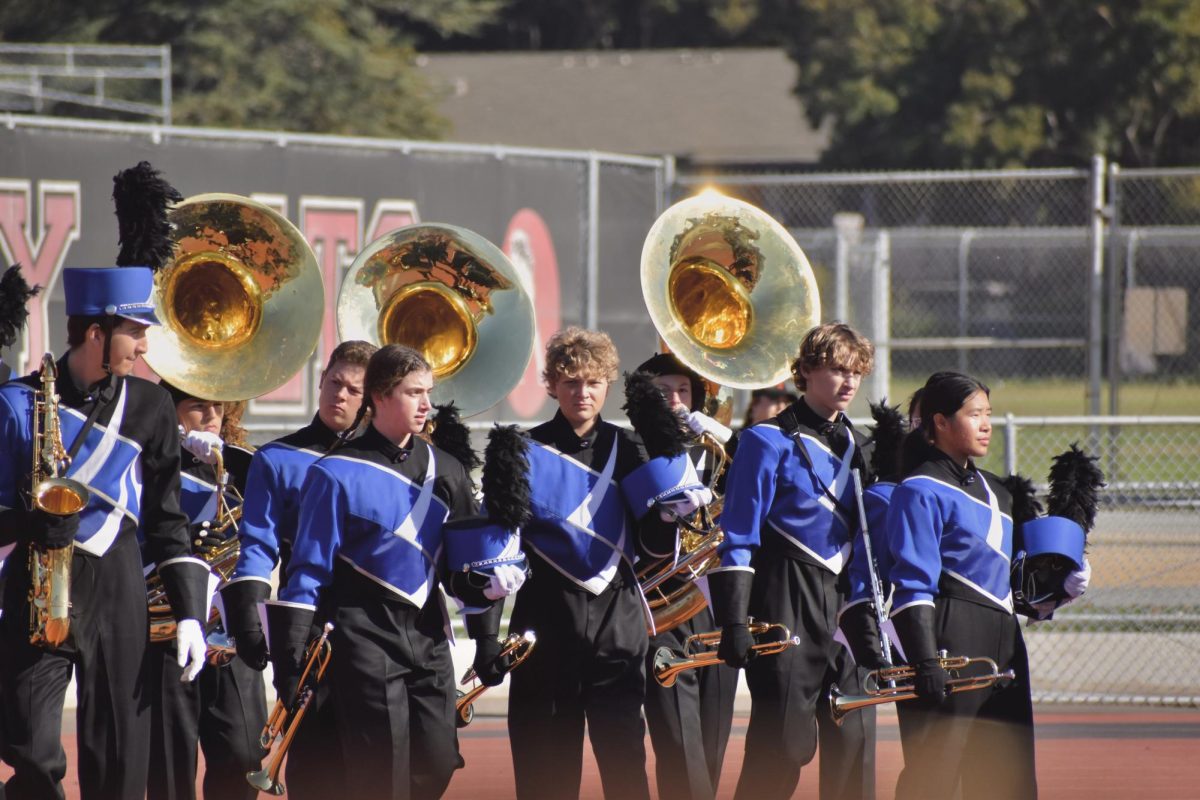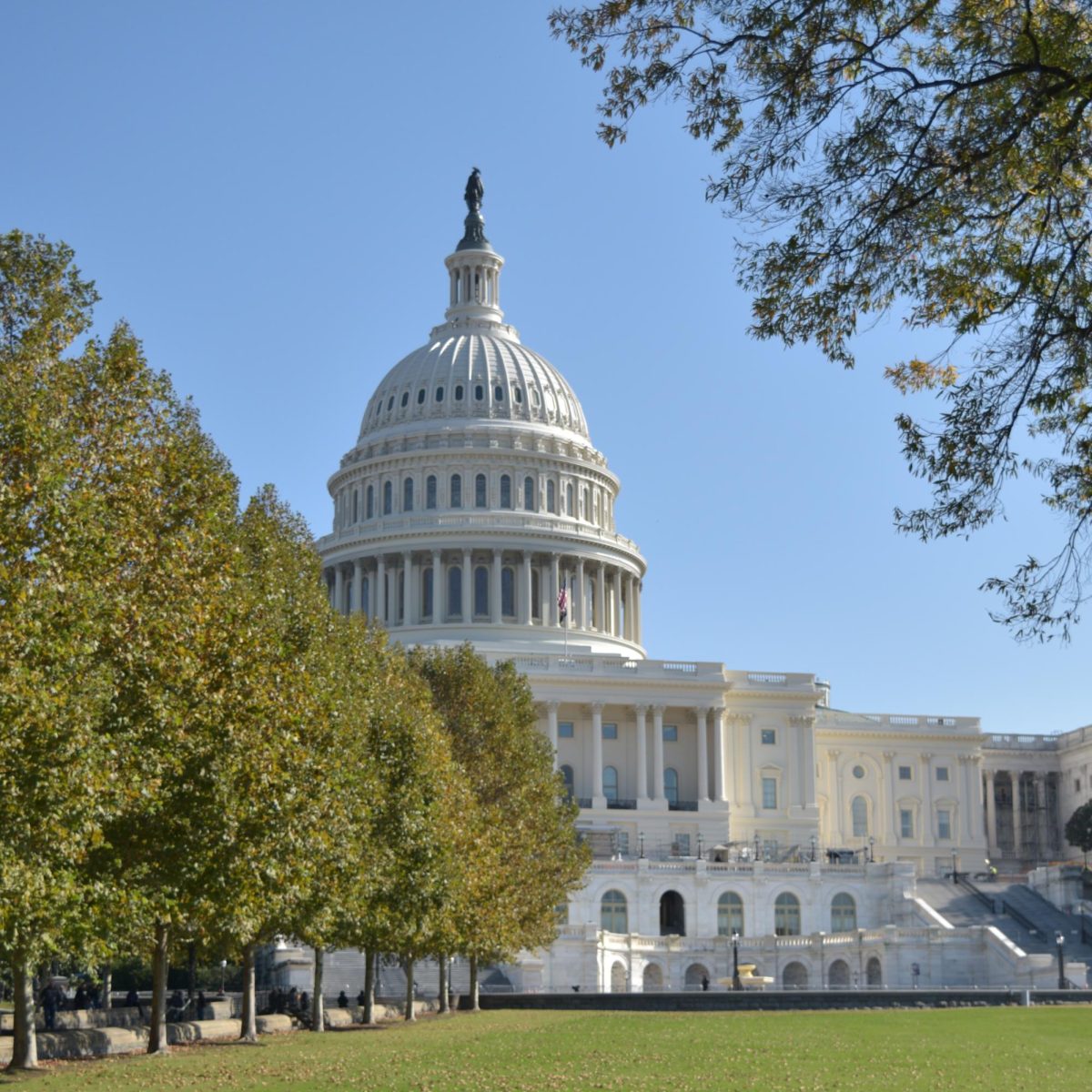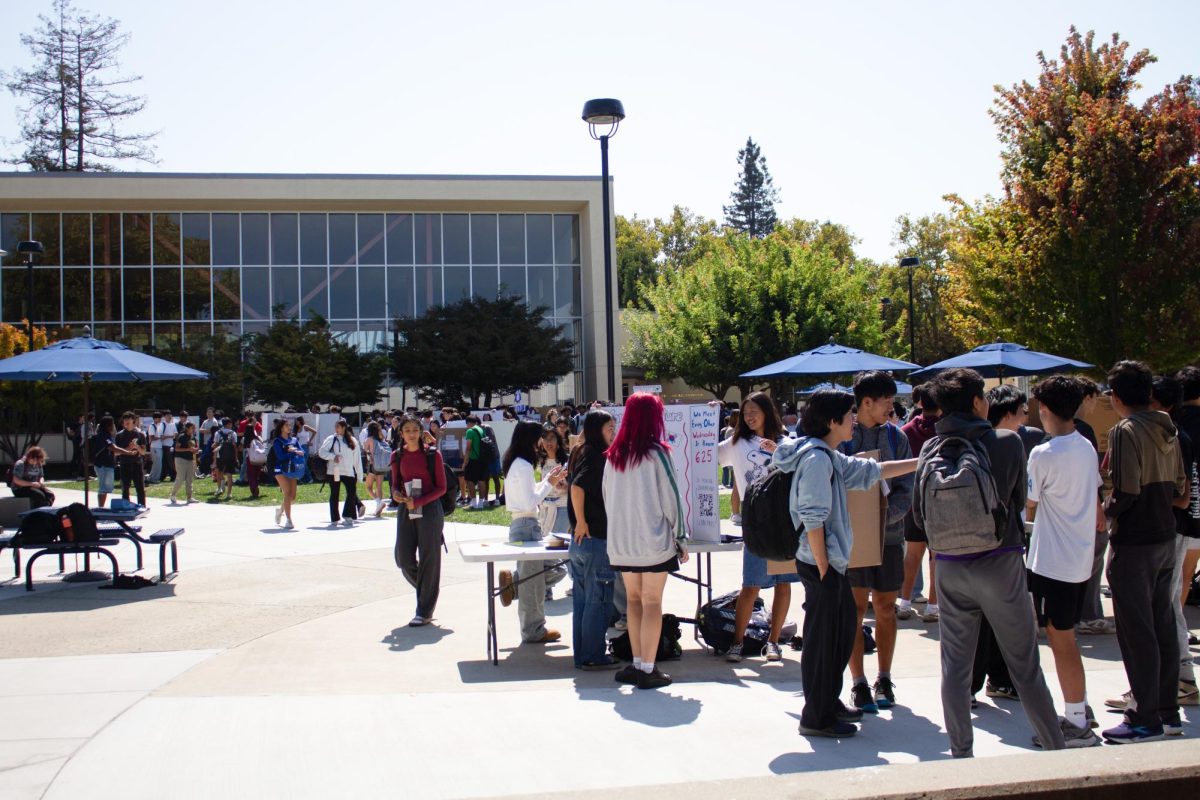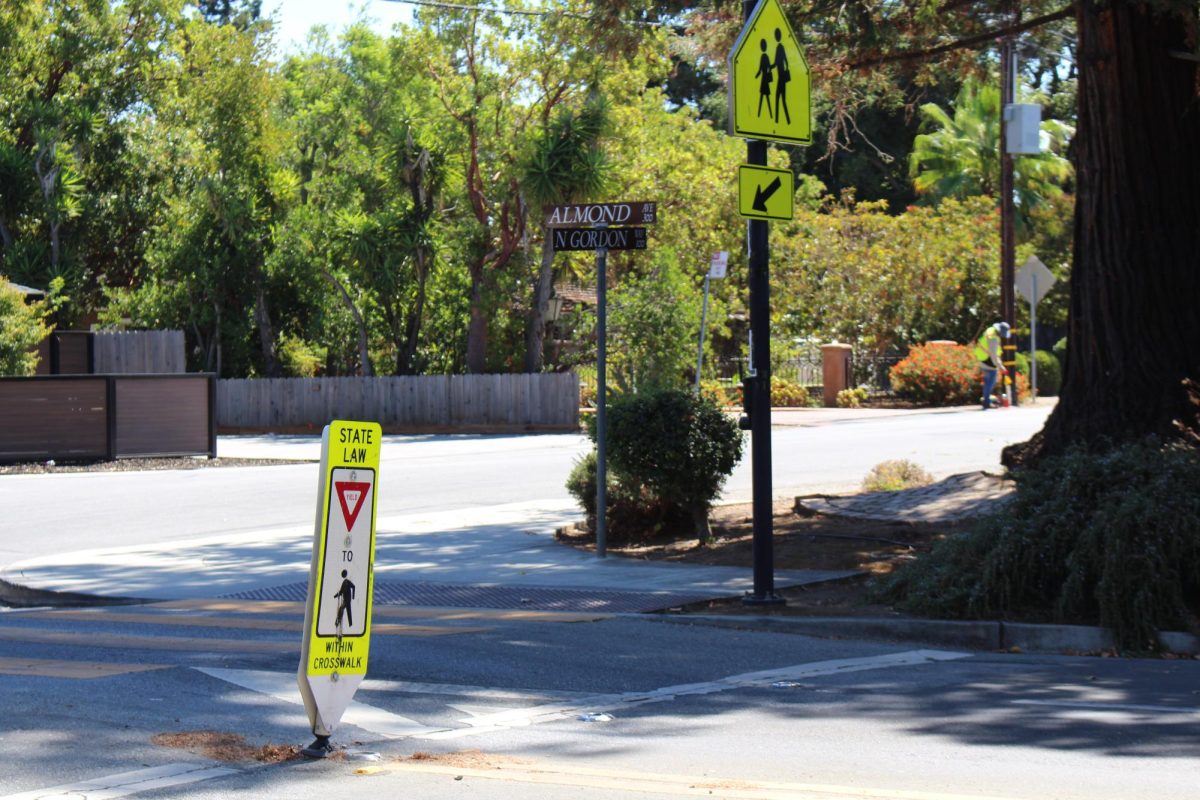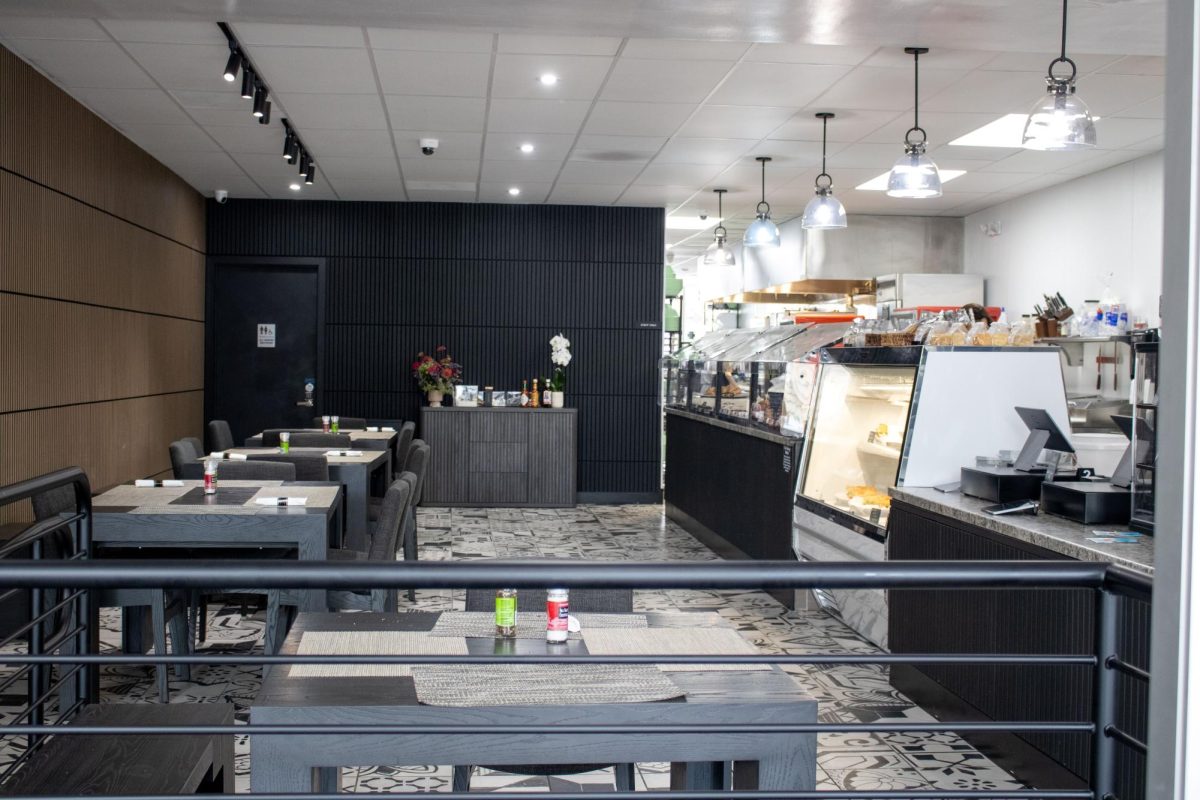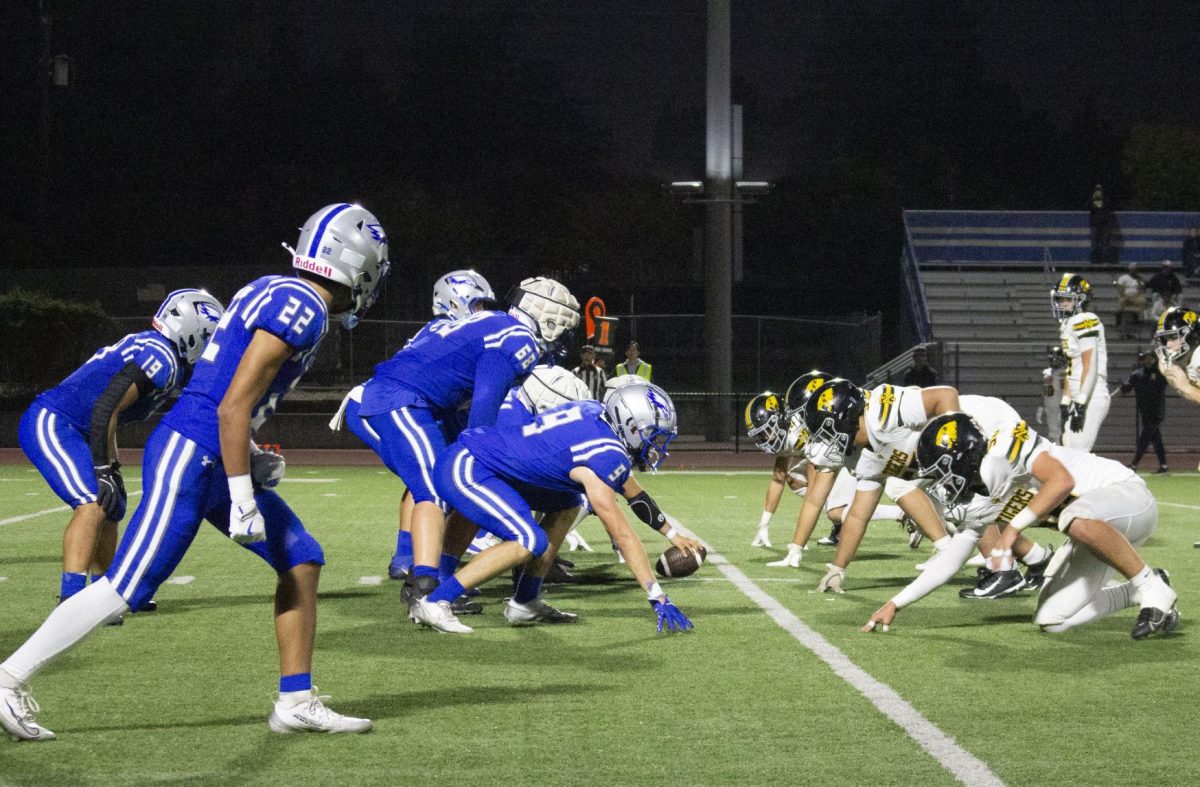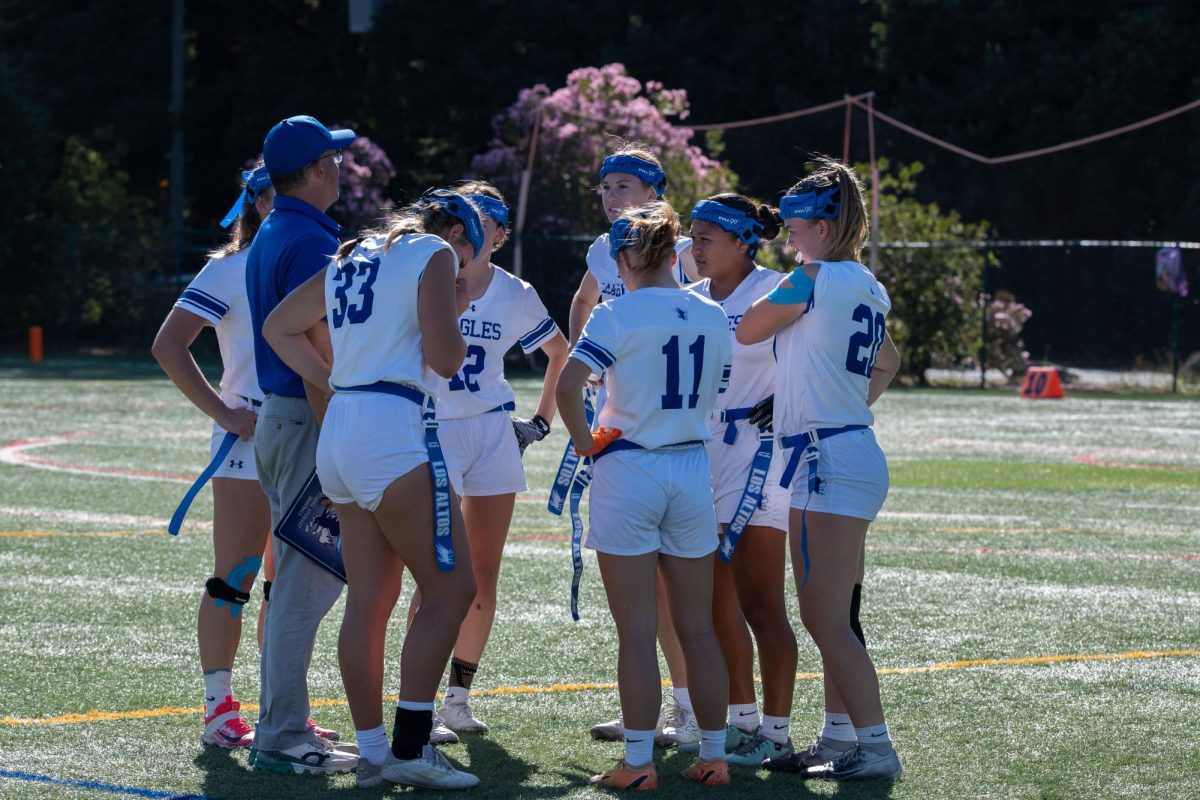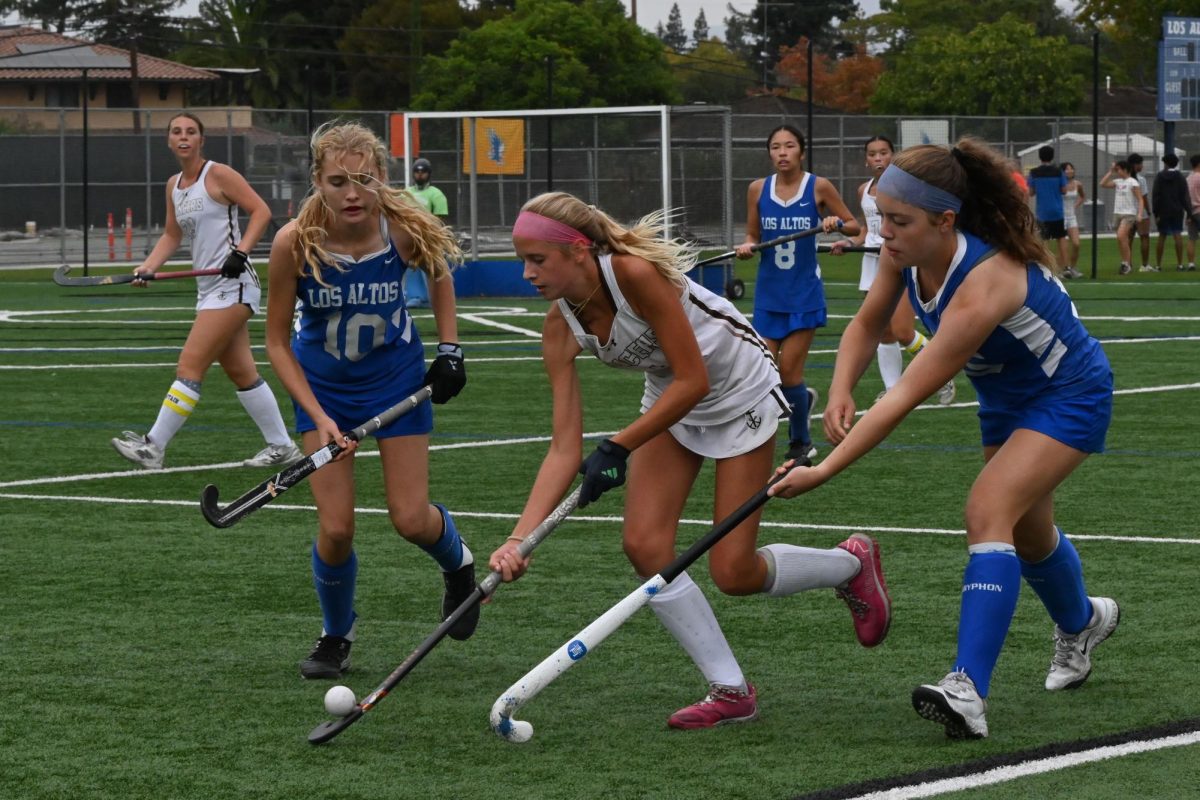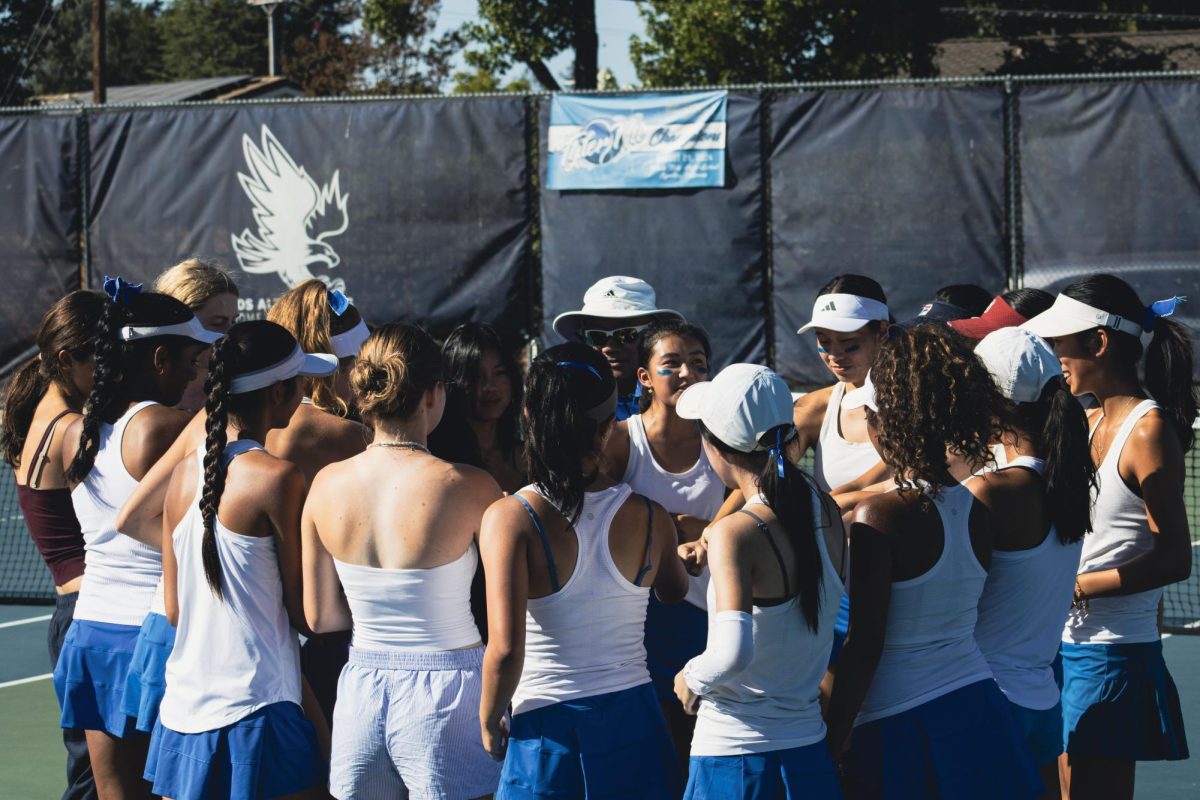Starting this school year, the Los Altos High School Marching Band & Color Guard (MBCG) no longer requires a fee for students to participate in the program.
In past years, money from these mandatory fees were put into an Associated Student Body (ASB) account and covered significant costs for the program, including uniform maintenance, travel fees and overnight lodging.
Effective this year, those costs will be covered instead through monetary support from LAHS, the Mountain View–Los Altos School District (MVLASD) and family donations to the LAHS Instrumental Music Boosters. A student’s inability to pay the fee will no longer be a “potential barrier to student involvement”, according Assistant Principal Nicholas Betancur, making the costly activity much more accessible.
“Having mandatory fees to participate is really not where we should have been, certainly in this day and age,” LAHS Instrumental Music Boosters President Chris Hondl said. “And so the shift was, I think, a long time coming.”
The transition to this new system of financing was difficult, and sudden. Much of the 2023–2024 marching band season had already been planned — commitments like the annual overnight Band Camp at Walden West were made before the school year started. It was only in August that the Instrumental Music Boosters were told that they wouldn’t be able to finance those costs through student fees.
“Money that was really dependent upon that fee had been spent,” Hondl said. “The program was going, but the source of funding was gone. It was hard to get to a point where there was clarity, which was disconcerting just because we really didn’t know what was going to happen.”
“We weren’t sure where that money was going to come from,” LAHS Instrumental Music Boosters Vice President Carla Van Zandt said. “We didn’t want to catch any families off guard, but we didn’t really have those answers to give them during the season — we didn’t know either.”
To recuperate the unexpected costs of this season, the boosters asked families for donations. Money is still being collected, and both LAHS and the District have chipped in to help. The situation is now largely under control, both Hondl and Carla described it as having “worked out in the end.”
“I don’t think it’s going to be a complete coverage of what the boosters ended up paying for the marching band season,” Van Zandt said. “But I think we’ll get close and it’ll definitely help.”
Moving forward, both LAHS and MVLASD will help finance a larger portion of the program than before. Basic costs that are considered necessary for the program to function, including competition fees and uniforms, will be paid for by the school and District. Meanwhile, the boosters will be in charge of covering expenses deemed “supplementary,” including food and instructional staff.
“The changes implemented should allow the boosters to support the MBCG program in ways they couldn’t before,” Betancur said. “The school will now be covering expenses [that the boosters were responsible for]. That should free up money for the boosters to pay for additional staff and activities such as the yearly trip to Walden West or paying for the teams to go to additional competitions.”
“One of the benefits is that it puts a little bit more control in the hands of the boosters, who are involved in the day-to-day functioning of the marching band,” Van Zandt said. “We work with [LAHS Instrumental Music Department Director Ted Ferrucci] really closely, so it’s good for us to know where all that money is going.”
Despite implementation struggles this year, many have faith that a donation-based system will be better in the long run.
“It’s going to reduce the thought, ‘I might not be able to participate because money is a barrier,’” Hondl said. “I think it’s very positive, and we can certainly observe that other schools that have operated in this way have great success.”



